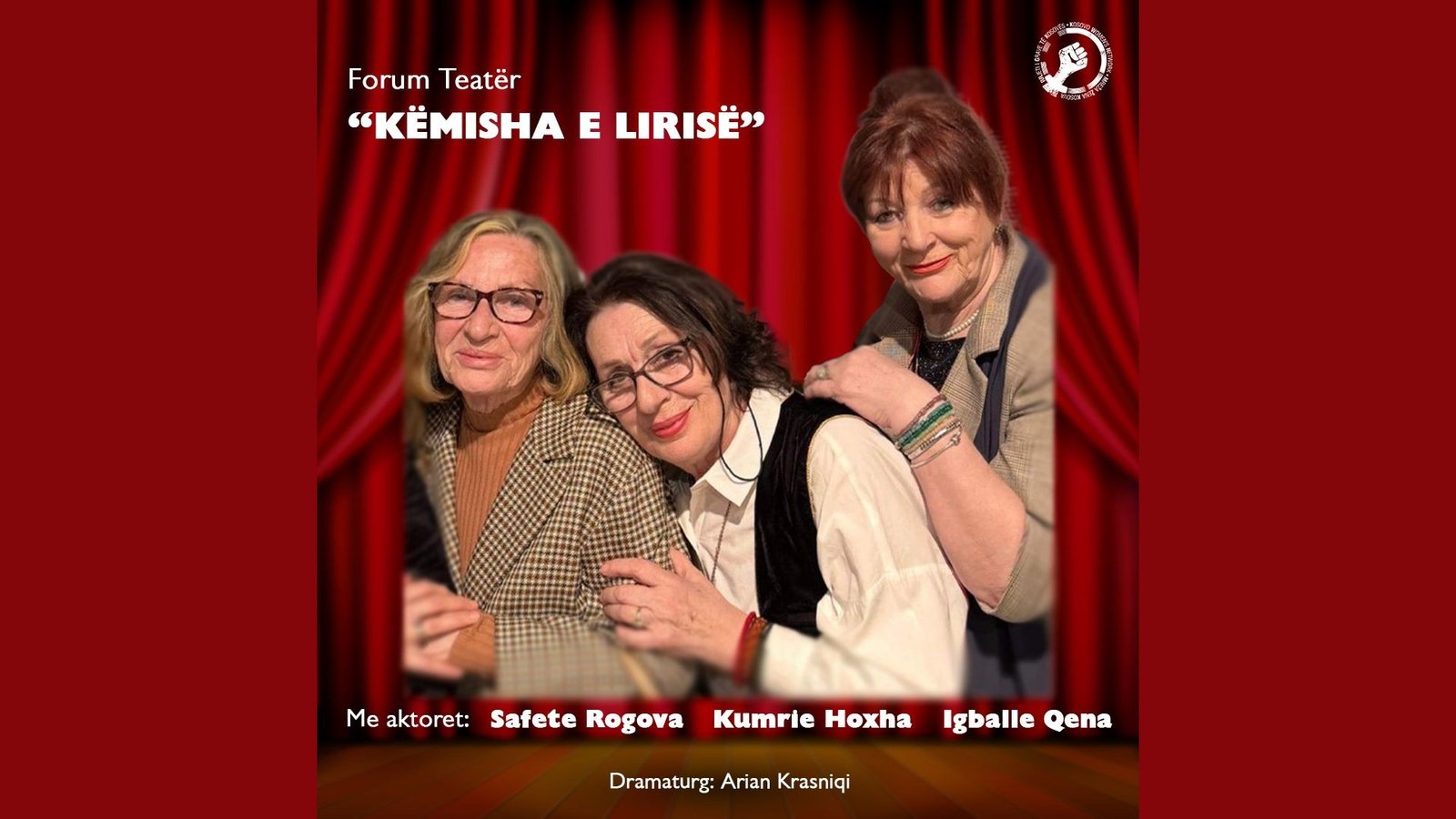With funding from KWN, supported by UNFPA, Medica Kosova provided health services and breast cancer screening to women in rural areas. A KWN media campaign and discussions with citizens organized in each region created a forum for talking about breast cancer and other serious health issues confronting women. Also with funding from UNFPA, funds were made available to shelters to provide better healthcare services to women residing in shelters.



